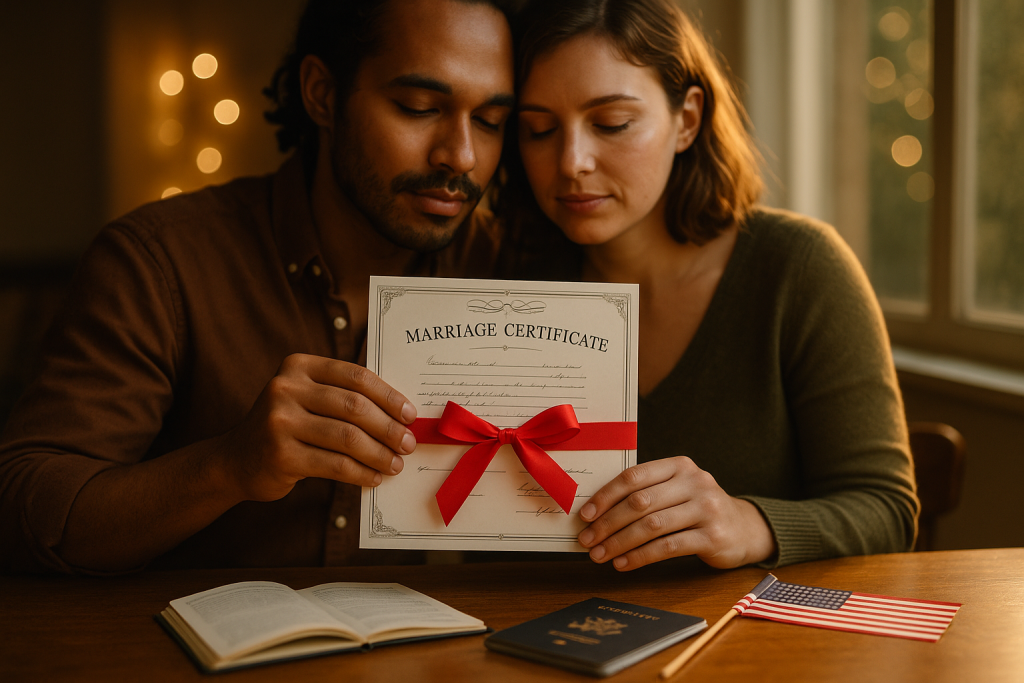Dreaming of tying the knot without the hassle of a traditional wedding? A virtual elopement might be the perfect solution for you. With the rise of online marriage services, getting married online has never been easier or more accessible. Let’s walk through how you can plan a virtual wedding over a weekend.
Understanding Virtual Elopements
A virtual elopement allows couples to exchange vows online, often via platforms like Zoom. This modern approach offers flexibility, intimacy, and the convenience of getting married from the comfort of your home.
Step 1: Choose a Reputable Online Marriage Service
Selecting a trusted service is crucial. Look for platforms that offer comprehensive packages, including officiants and legal documentation. Ensure they are recognized in your jurisdiction to avoid any legal complications.
Step 2: Obtain Your Online Marriage License
Before your virtual wedding, you’ll need to secure an online marriage license. Requirements vary by state, so check with your local county clerk’s office. Some states allow online applications, making the process swift and straightforward.
Step 3: Plan Your Virtual Wedding Ceremony
Decide on the date and time for your Zoom wedding. Coordinate with your chosen officiant and any virtual guests. Personalize your ceremony by writing your own vows or incorporating meaningful rituals.
Step 4: Ensure Technical Readiness
Test your internet connection, camera, and microphone ahead of time. Choose a quiet, well-lit space for the ceremony. Inform your guests about the platform you’ll be using and provide clear instructions for joining.
Step 5: Conduct the Ceremony
On the day of your virtual marriage, log in early to address any technical issues. Follow the planned sequence of events, and don’t forget to record the ceremony for memories.
Step 6: Obtain Your Online Marriage Certificate
After the ceremony, ensure all necessary documents are signed and submitted. Your online marriage service should guide you through obtaining your official marriage certificate.
Legal Considerations
While virtual weddings are legally recognized in many areas, it’s essential to verify the laws in your state or country. Some jurisdictions may have specific requirements or may not recognize online marriages.
Benefits of Virtual Elopements
- Cost-Effective: Save on venue, catering, and other traditional wedding expenses.
- Intimate: Focus on each other without the distractions of a large event.
- Convenient: Plan and execute your wedding quickly, even over a weekend.
FAQs
Is a virtual marriage legally binding?
Yes, if conducted through a recognized platform and in accordance with local laws. Always verify the legal status in your jurisdiction.
Can we have guests at our virtual wedding?
Absolutely! You can invite friends and family to join your Zoom wedding and even involve them in the ceremony.
Do we need witnesses for an online wedding?
Requirements vary by state. Some jurisdictions require witnesses, while others do not. Check local regulations to be sure.
How do we get our marriage certificate after a virtual wedding?
After the ceremony, your officiant will guide you through the process of submitting necessary documents to obtain your marriage certificate.
Can we personalize our virtual wedding ceremony?
Yes! You can write your own vows, choose specific readings, and incorporate personal touches to make the ceremony uniquely yours.
Embarking on a virtual elopement is a modern, intimate way to celebrate your love. If you’re considering this option, feel free to contact us for more information and assistance in planning your special day.




